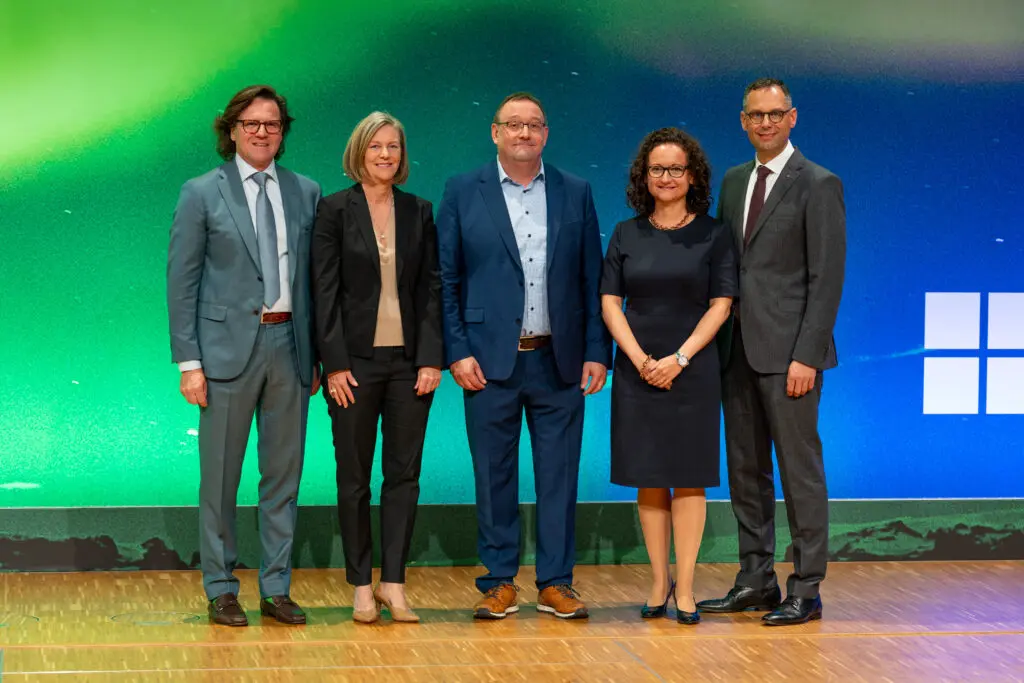Pessimism dominates Germany’s steel recycling industry. The business outlook for the sector in 2025 is bleak, according to industry insiders. What’s more, bureaucratic hurdles continue to hinder much-needed investments, particularly in projects aimed at reducing CO₂ emissions.
The outcome of a survey presented at the German steel recyclers confederation BDSV’s annual conference in Munich paints a worrying picture. Two-thirds of respondents expect a worsening business situation in 2025, with only 2% anticipating any improvement. Investment plans have also been slashed with only 15% of companies looking to increase spending, down from 28% the previous year. One-third plan to reduce investments and 21% cite bureaucracy as a major obstacle causing delays in project approvals.
Increased battery fires
Germany’s steel recycling sector also faces several operational challenges. High transport costs, a shortage of truck drivers and a reduction in material flows have worsened the situation. Fires caused by incorrectly disposed lithium-ion batteries remain a significant concern, with half of the companies surveyed reporting at least one fire in the past five years due to battery related issues.
Economic headaches
Despite the German economy stagnating since 2022, there has been a modest increase in demand for scrap steel, driven by a 4% rise in crude steel production in the first eight months of 2024. However, says BDSV, supply remains tight due to a decrease in both old scrap (from the construction sector) and new scrap (from production waste). Although steel manufacturers are cautiously increasing their output, particularly for infrastructure projects, the sluggish economic environment means that the supply/demand balance remains ‘fragile’.
Scrap logistics
A new study presented by the Fraunhofer Institute for Material Flow and Logistics outlined ways to modernise scrap logistics, stressing the need for better coordination and digitalisation in transport. Two proposed models, a ‘steel recycling hub’ and ‘self-managed logistics using combined transport’, highlight potential improvements in efficiency using full trains and modular systems.
BDSV is pushing for shorter turnaround times for rail freight as well as modular solutions to improve transport efficiency. The association is also calling for more scrap transport to be shifted from road to rail, reducing CO₂ emissions.
‘Fast lane’ crucial
BDSV and other industry players are calling for a ‘fast lane’ to accelerate the approval process for CO₂-saving projects. Current approval times, often extending beyond two years, are seen as crippling the sector’s competitiveness and innovation capacity. The industry stresses the importance supporting the EU’s climate goals and ensuring the long-term viability of Germany’s steel recycling industry.
The association also demands competitive electricity prices and financial support for new technologies to drive sustainable practices.
Leadership update

The Munich conference confirmed the reappointment of the BDSV board, including Andreas Schwenter as president, for a further three years. Additionally, Claudia Conrads takes up her new role as ceo alongside current md Guido Lipinski.
Don't hesitate to contact us to share your input and ideas. Subscribe to the magazine or (free) newsletter.



